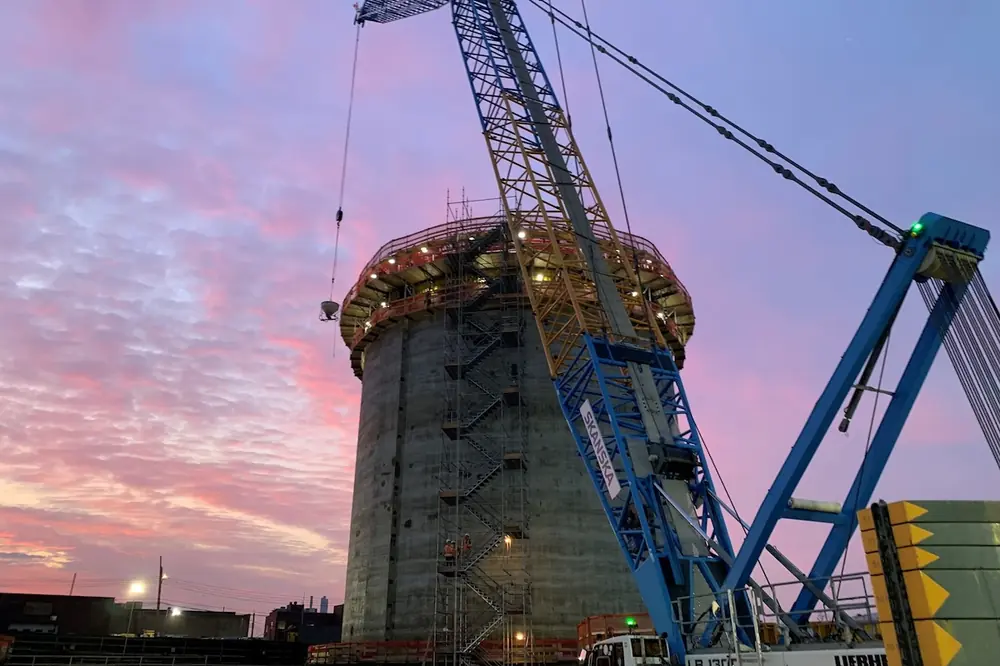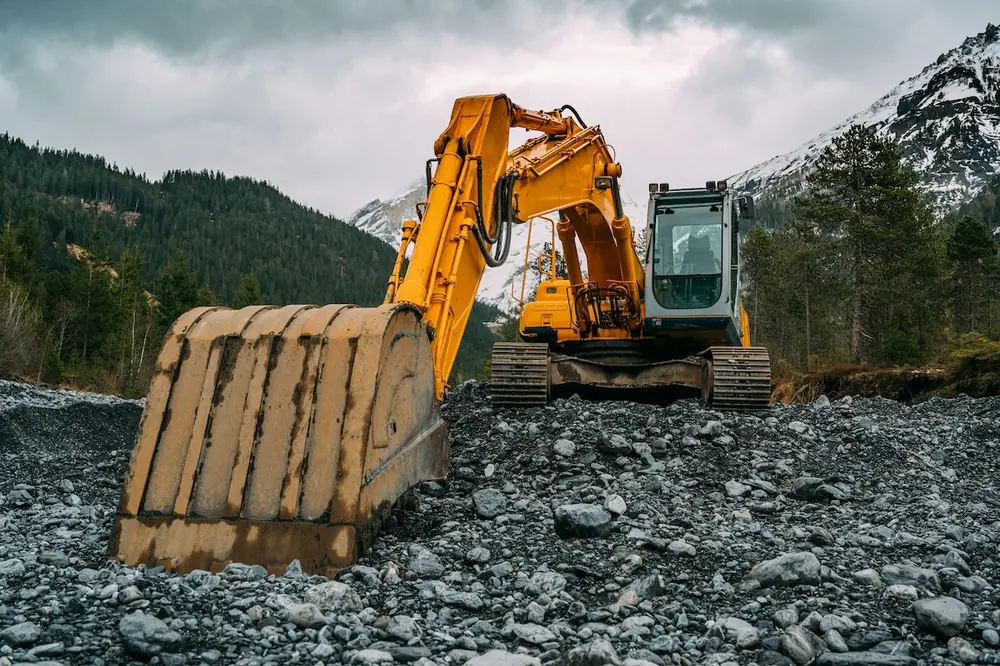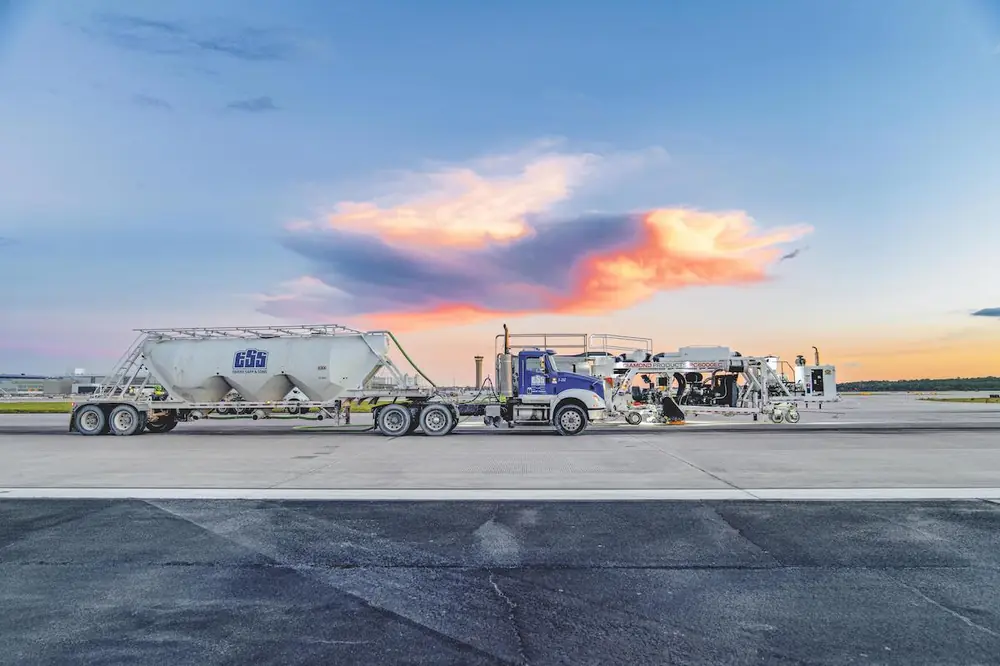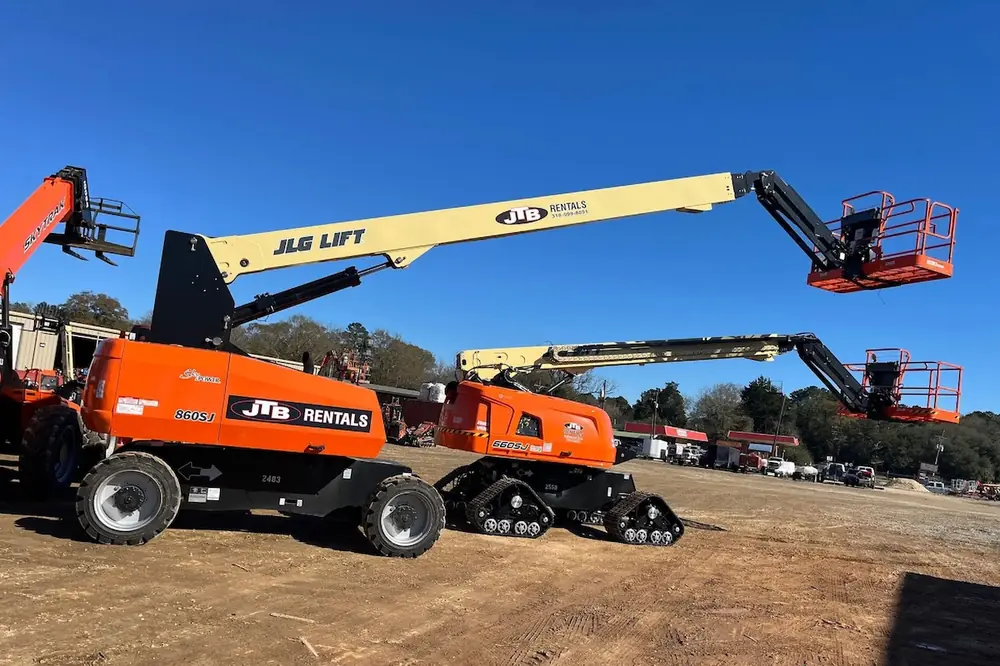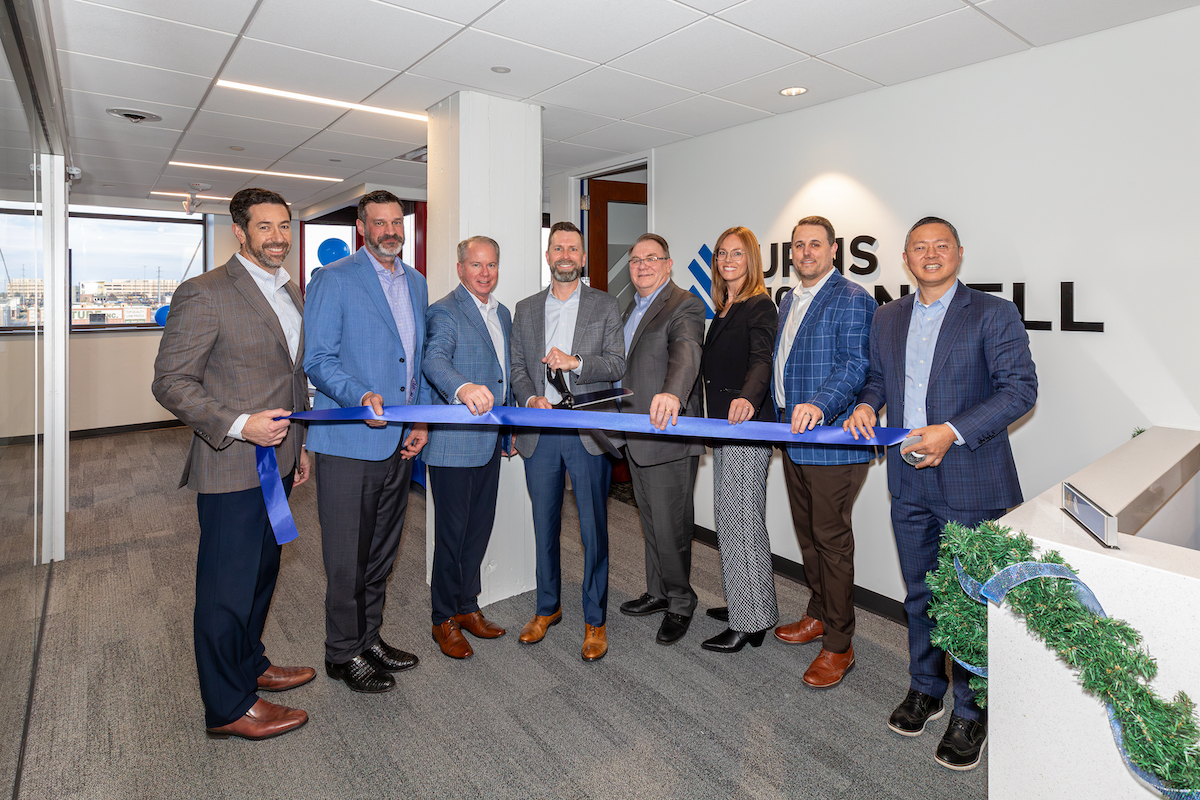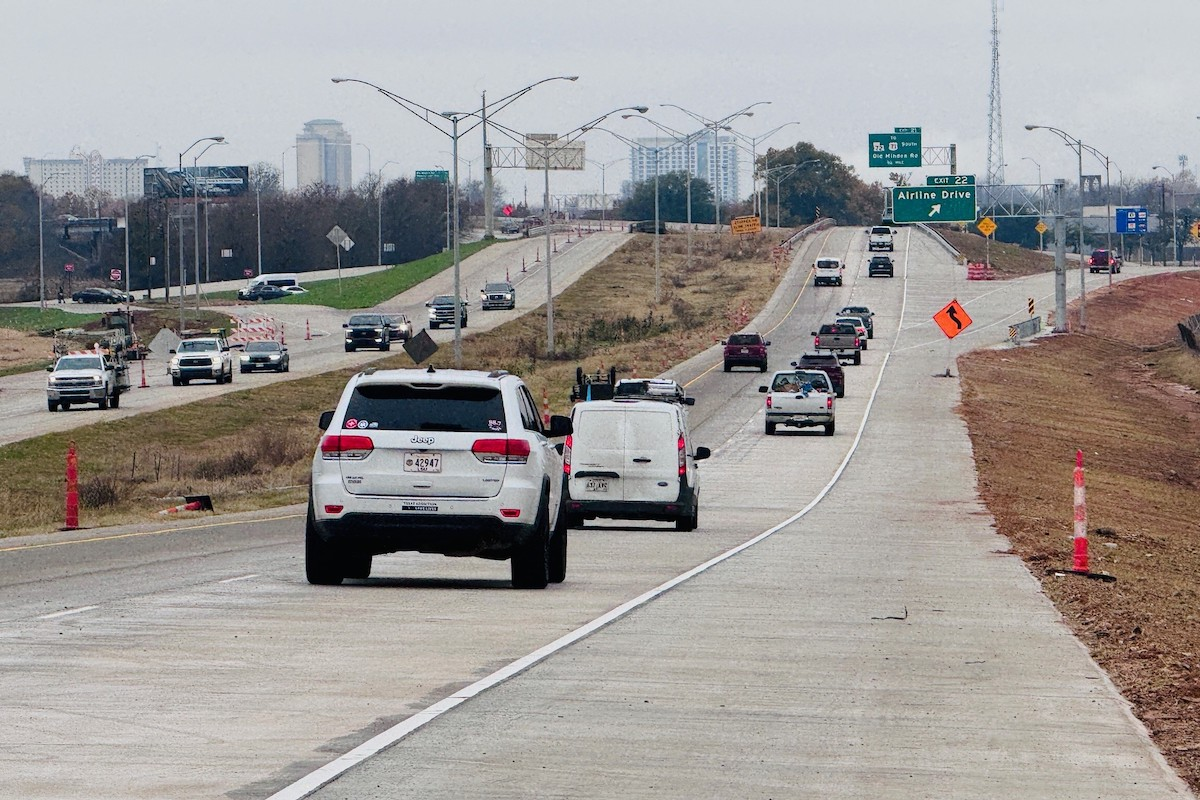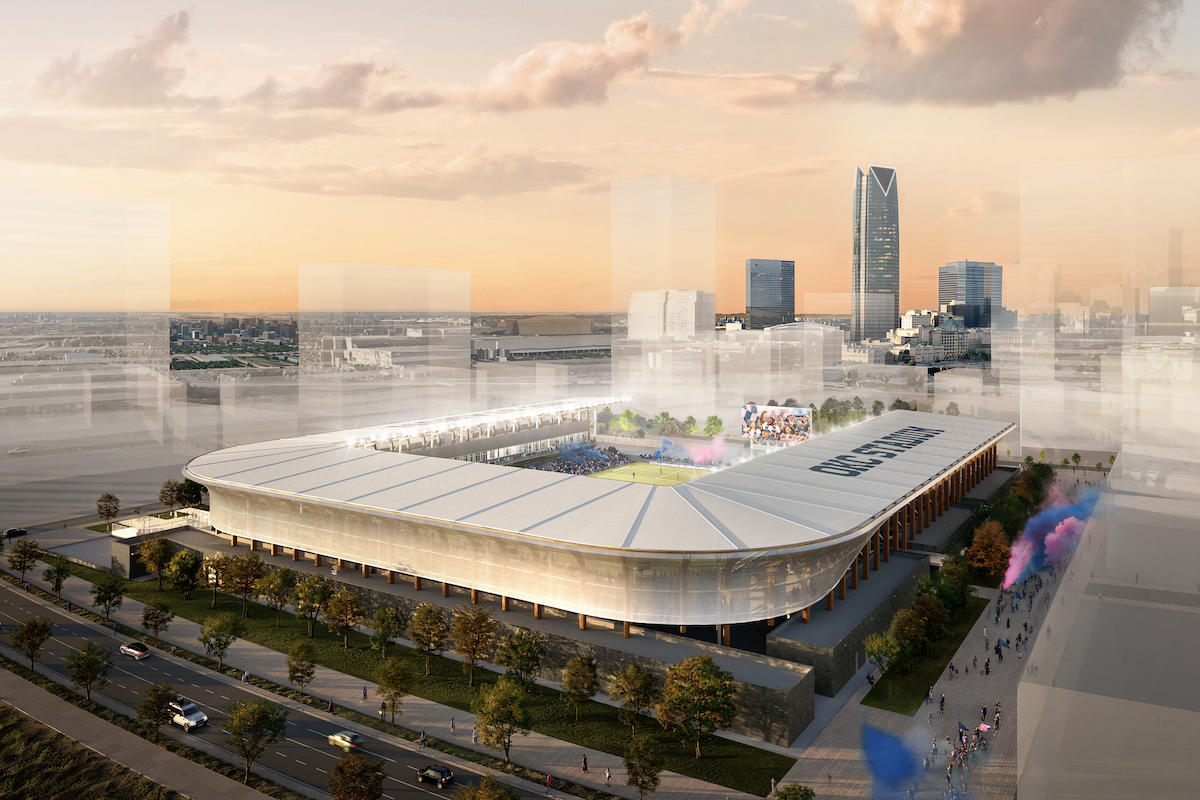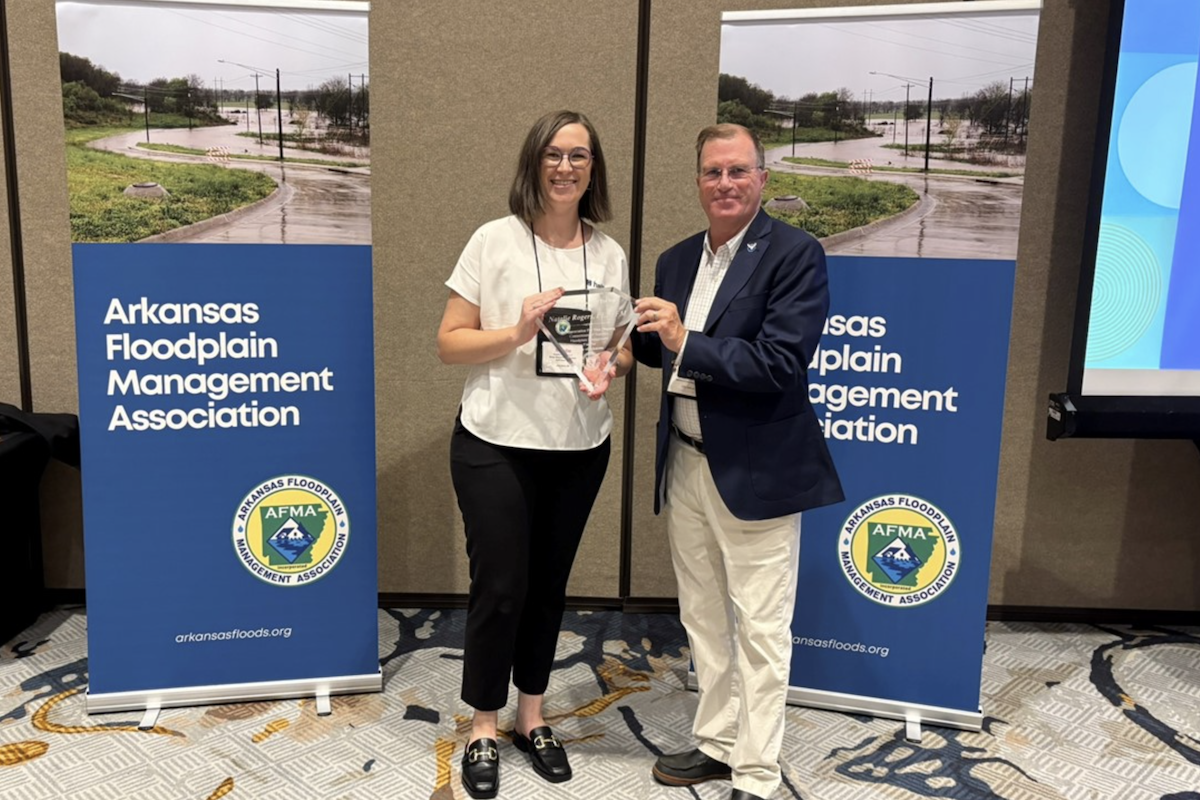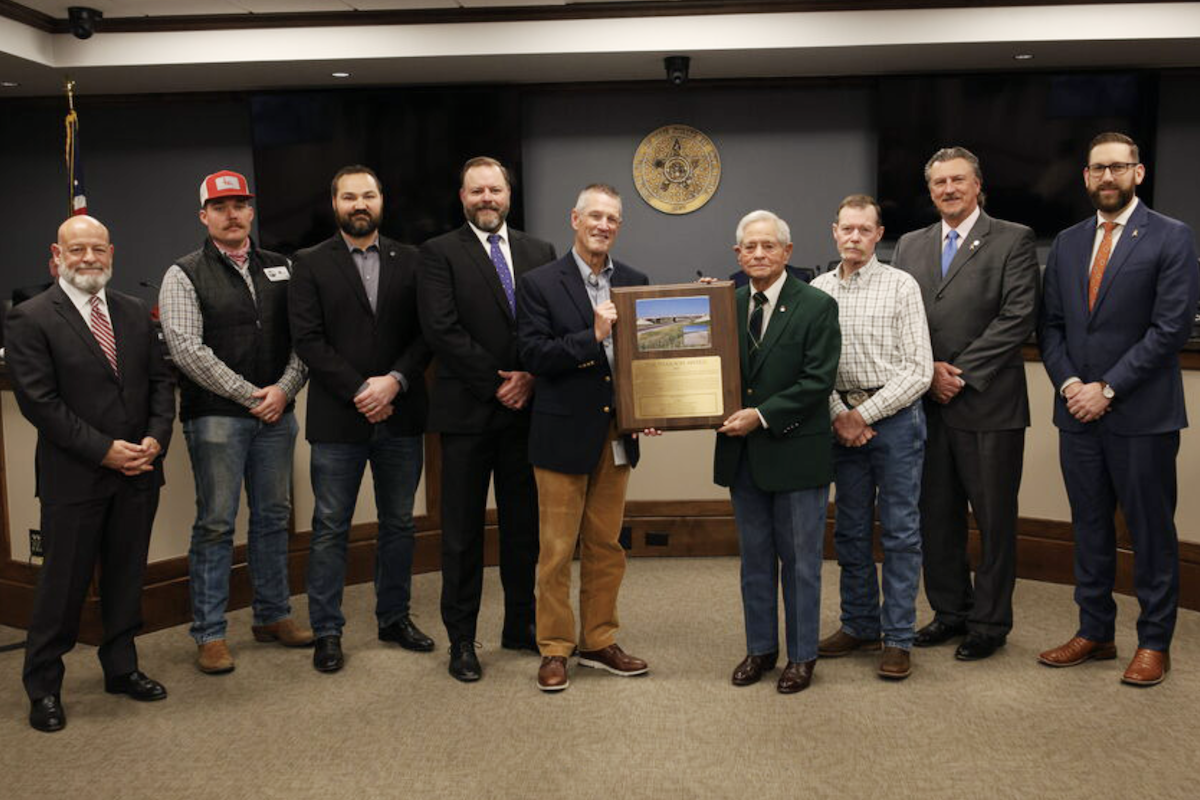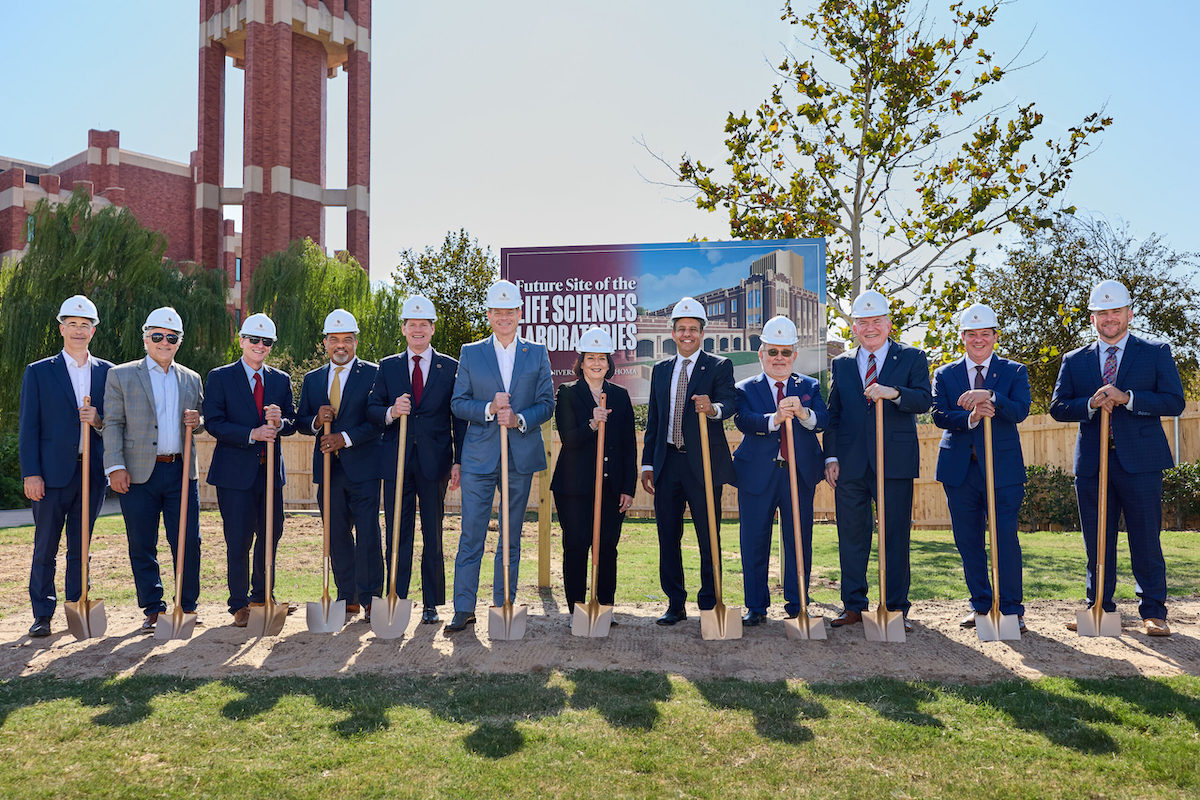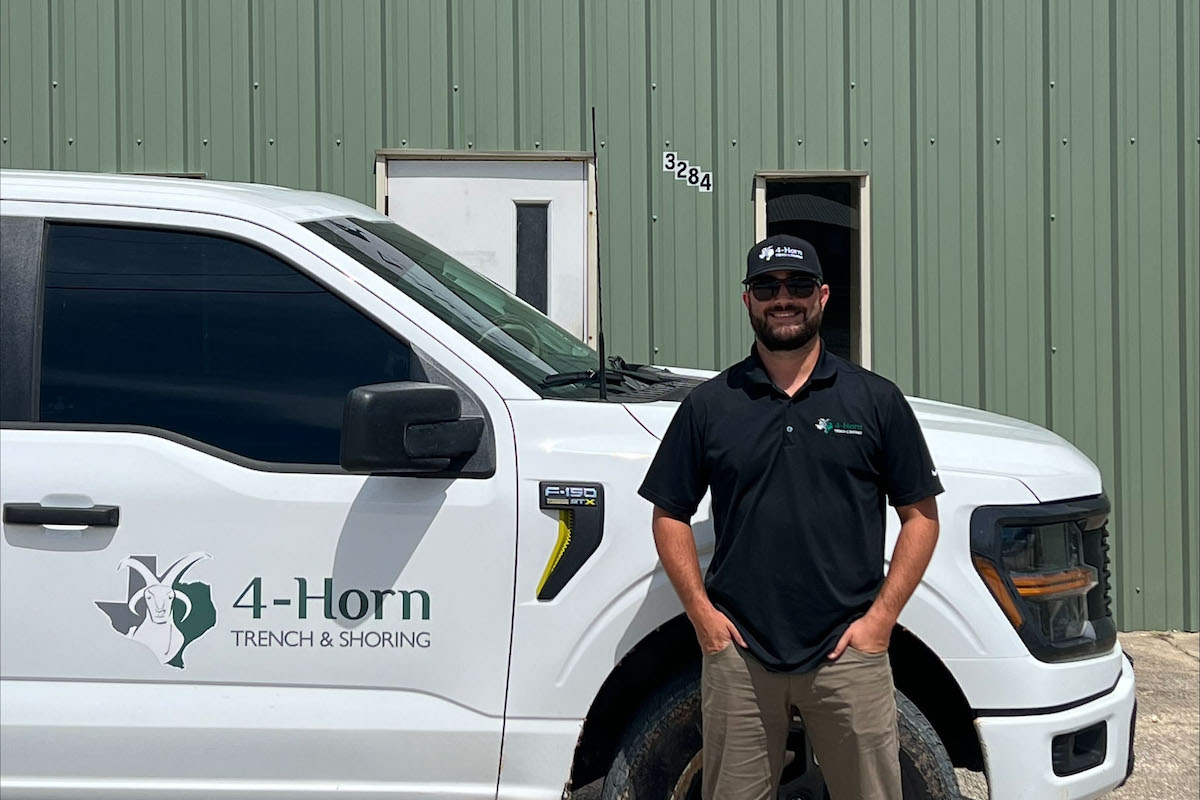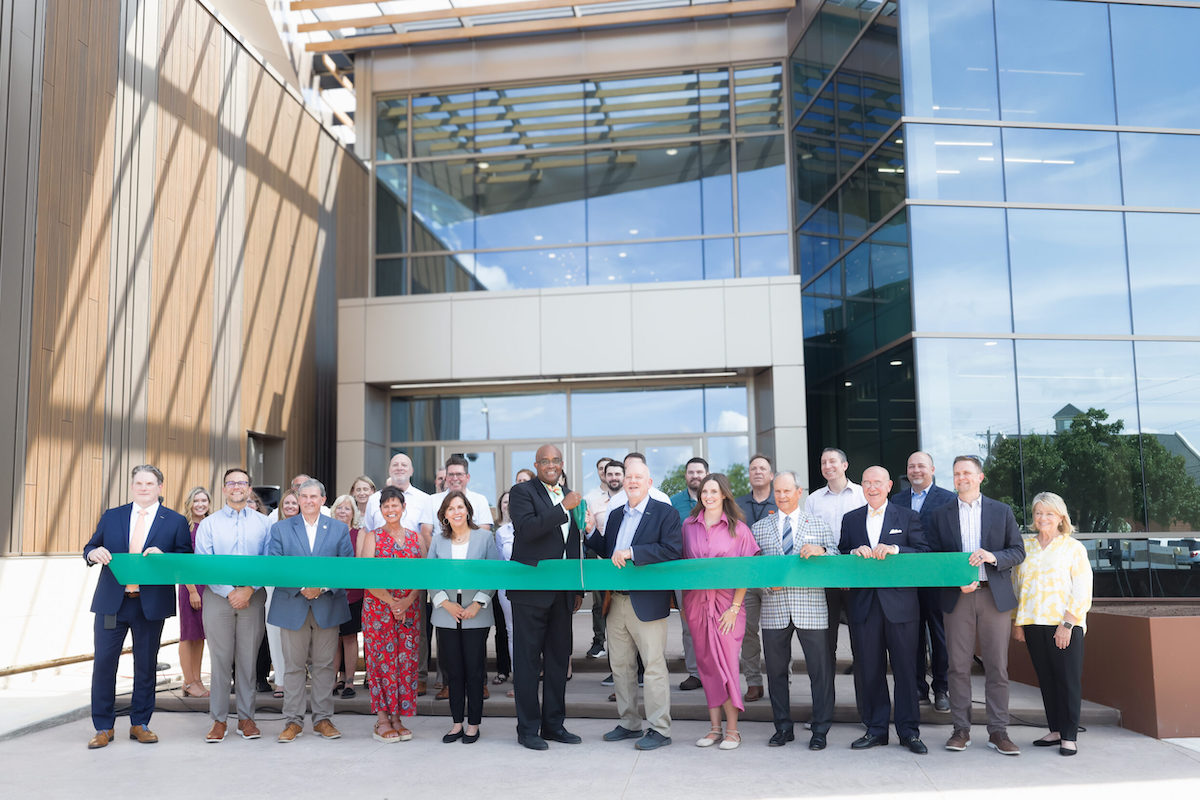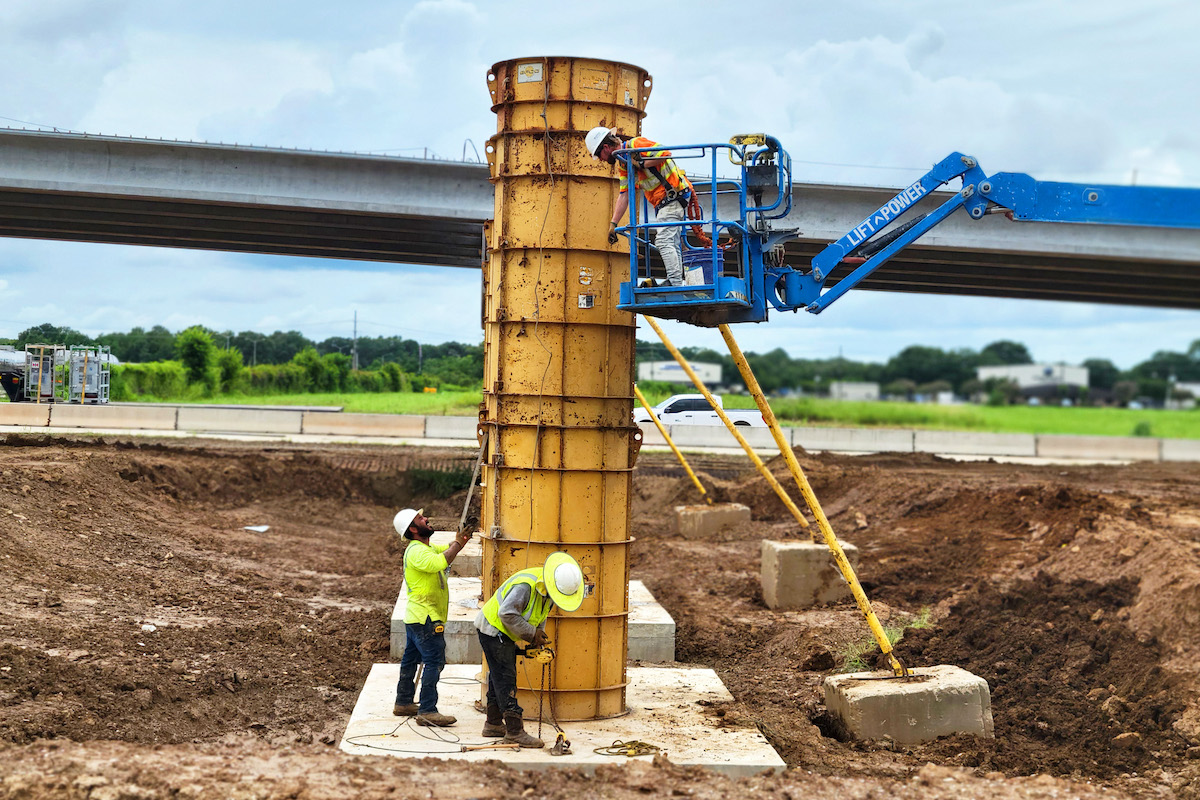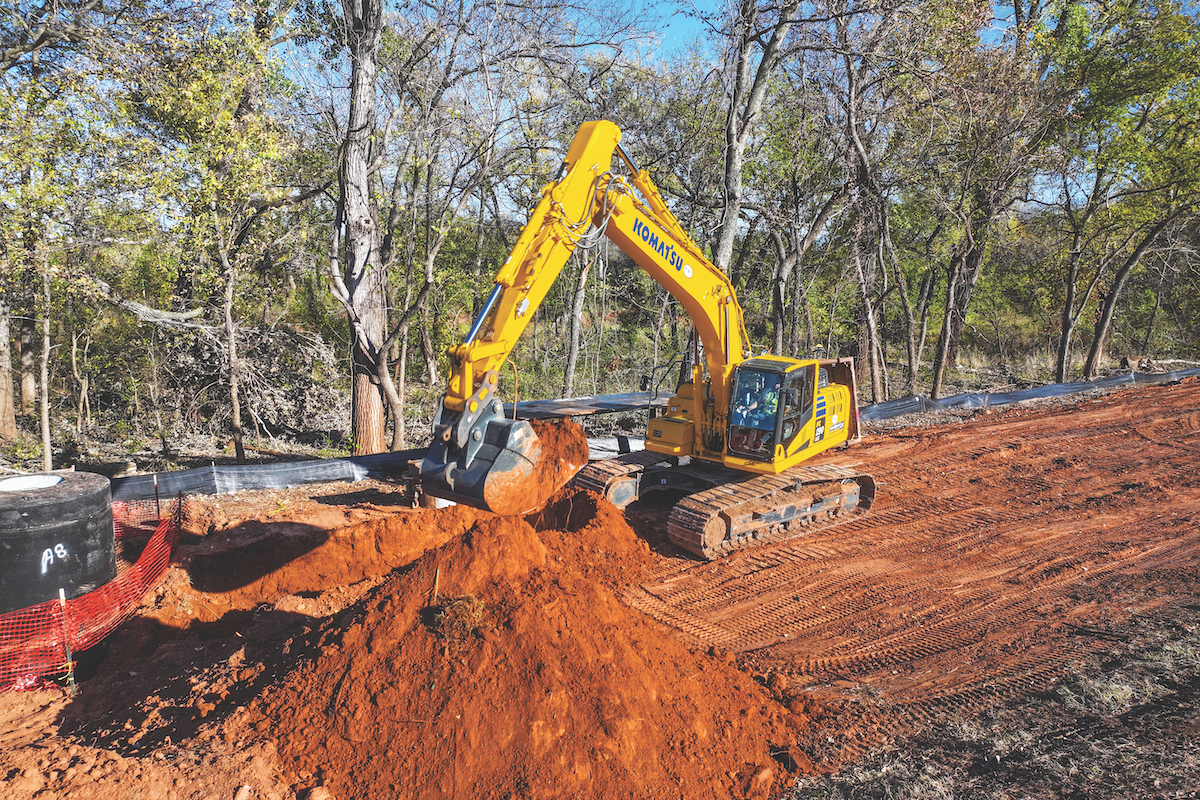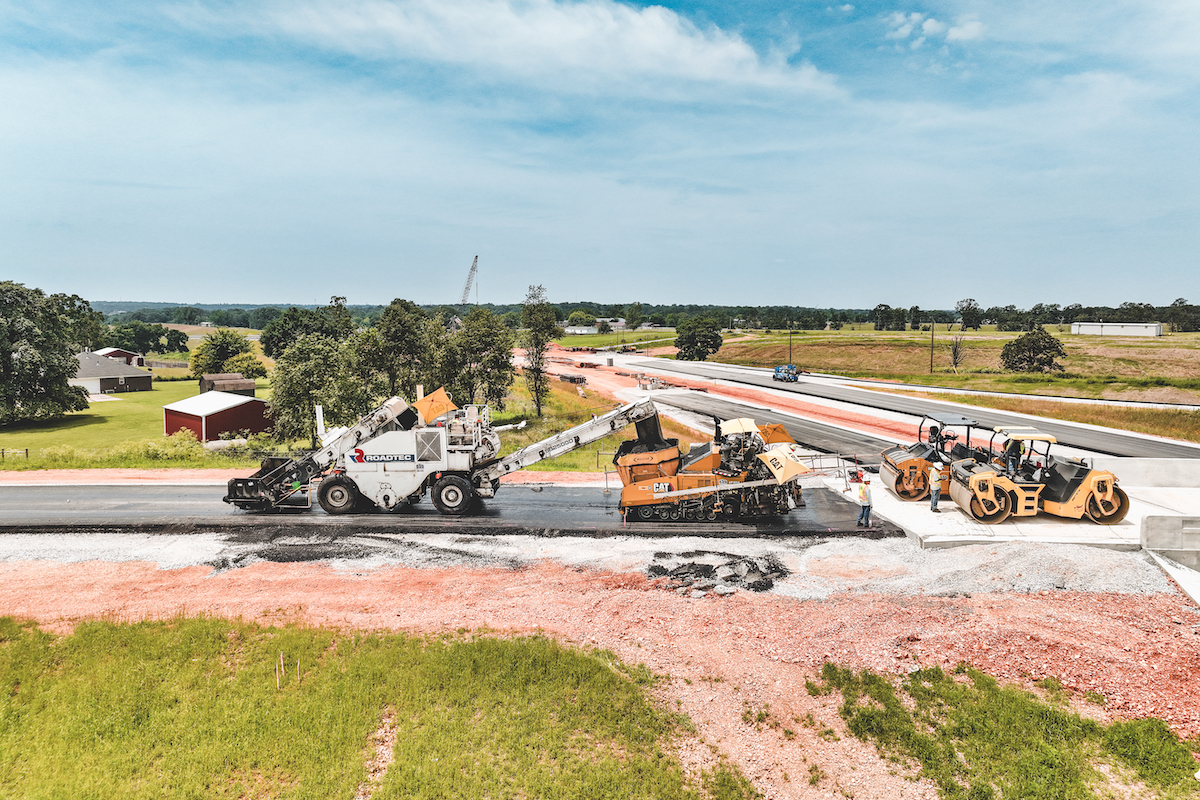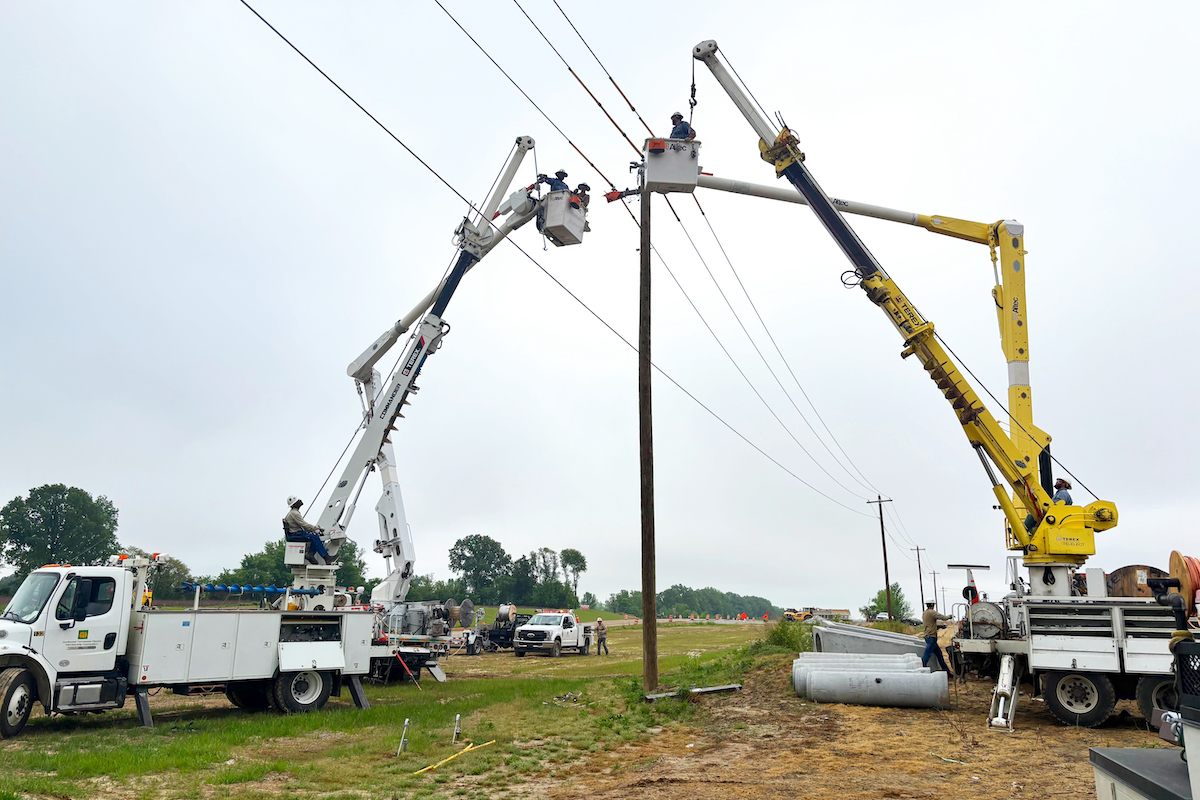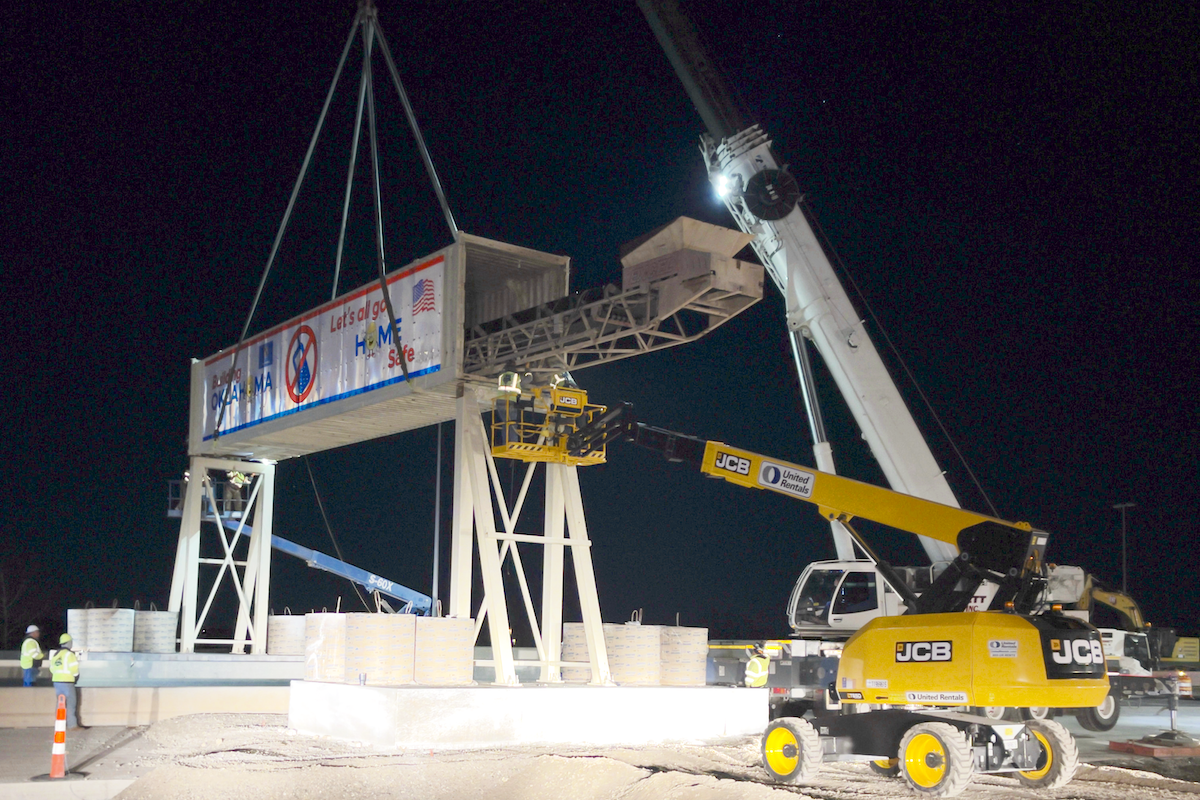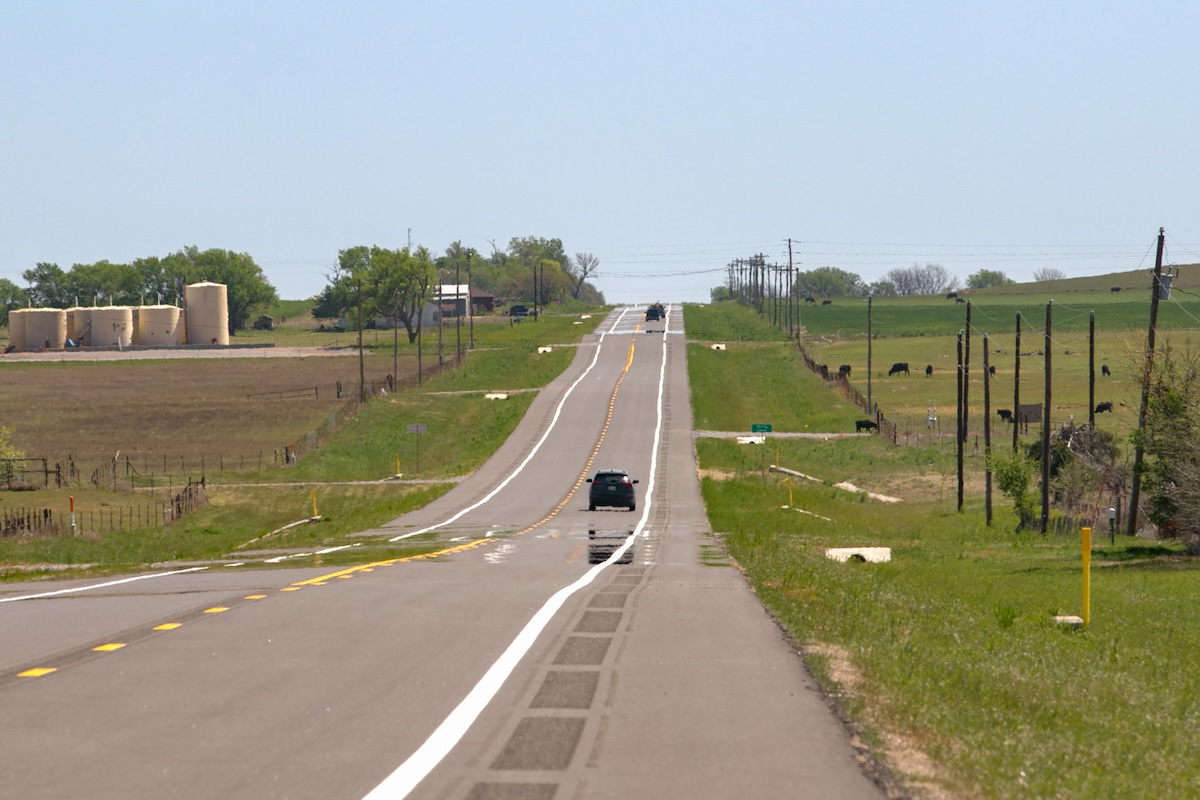“It’s a growing corridor between Rochester, the third largest city in the state and the Twin Cities metro area, Minneapolis and St. Paul, which are one and two in terms of population,” says Michael Dougherty, Director of Public Engagement and Communications for the Minnesota Department of Transportation (MnDOT) District 6.
MnDOT originally planned for a mill and overlay project in between Zumbrota and Cannon Falls in Goodhue County due to budget constraints, but the state passed legislation allocating a portion of sales tax revenue from auto parts to go toward transportation funding related to safety and other improvements.
“We looked at this project and up-scoped it to do a full reconstruction of the southbound lanes,” Dougherty says. “It has become a much more comprehensive and complex project.”
The southbound highway, built in the late 1920s, was maintained with that existing, nearly century-old roadbed. Back then, highways were not as wide as they are today, and the roadbed developed significant cracks that appear in the surface pavements in both length and width of the roadway. The cracking caused issues because it is in the location where vehicle wheels are when centered in the lanes, Dougherty says. The northbound lanes are newer and wider, so they are not experiencing that type of damage.

| Your local Takeuchi Mfg Ltd dealer |
|---|
| Kirby-Smith Machinery |
| Kirby-Smith Machinery |
About 21,300 vehicles drive on this four-lane segment of Hwy 52 daily, including agricultural equipment, such as tractors, spreaders and planters. Several farmers grow crops on both sides of the highway and need to get back and forth.
Hwy 52 remains a regular road, but the long-term vision is to eventually make it into a limited-access freeway.
“It’s anticipated we will see more traffic that has the expectation of fewer access points,” Dougherty says. “This project gets us closer to a freeway.”
The current project will eliminate some access points and incorporate J-turns on Hwy 52. J-turns decrease the serious broadside crashes by reducing the number of conflict points. In some locations, traffic trying to make a left turn onto Hwy 52 from side roads will have to turn right and then make a U-turn at the designated location, about 1,000 feet from the intersection. A 2021 MnDOT study of J-turns found a 69 percent reduction in fatal and serious injury crashes and a 70 percent decrease in angle crashes.
Mathiowetz Construction of Sleepy Eye, Minnesota, received the best value design-build contract in Spring 2021. The company, founded in 1924 by Martin Mathiowetz, continues under the leadership of the family’s fourth generation, with Chad Mathiowetz serving as the current President and family member Julie Anderson as Executive Vice President. This job represents the company’s largest project to date, according to the Mathiowetz’ website. KLJ Engineering of Zumbrota serves as the design partner.
Design-build can speed up completion of a project while. Maintaining design standards and offer innovations. Since 2001, the department has awarded more than $1 billion in design-build contracts.
The Mathiowetz team recommended changes to the Hwy 52/Hwy 57 interchange. MnDOT had originally planned for one of the bridges to pass over Hwy 52, but the design-build team suggested going under Hwy 52.
“They did not have to bring as much fill to get the elevation,” Dougherty says. “It has opened and people are functioning well with it.”
Construction activity began in July 2021. Crews took measures to protect the rusty patch bumble bee and northern long-eared bat, such as trimming trees before March 31, which is prior to the bats coming out of hibernation to nest.
Reconstruction of six miles of Hwy 52 southbound took place in 2022, as did construction of the Hwy 57 interchange, the connection with County Road 14 and gravel frontage roads, and the replacement of the Hwy 52 southbound bridge at Hwy 60 East.
The interchange at Hwy 57 features one loop exiting from southbound 52 and the rest are straight ramps, similar to a diamond configuration. It was designed to avoid utilities in the area.
With a wet, clay soil, crews had to till the clay soil to allow it to dry out before compacting it and rebuilding the road.
The Zumbro River bridge has concrete beams. The contractor has completed pouring the deck. Crews have worked off the land. A marine operation was not needed.
The entire southbound Hwy 52 features concrete pavement. The contractor recycled the old concrete it removed.
Crews also installed woven, rubber snow drift fencing in an area near Zumbrota without much tree cover. They had installed the posts as of July.
During construction, traffic was reduced to one lane in each direction on the northbound side.
The project is scheduled to finish in late fall of 2023. The department anticipates the new pavement will serve the community for about 60 years.
Photos courtesy of the Minnesota Department of Transportation










